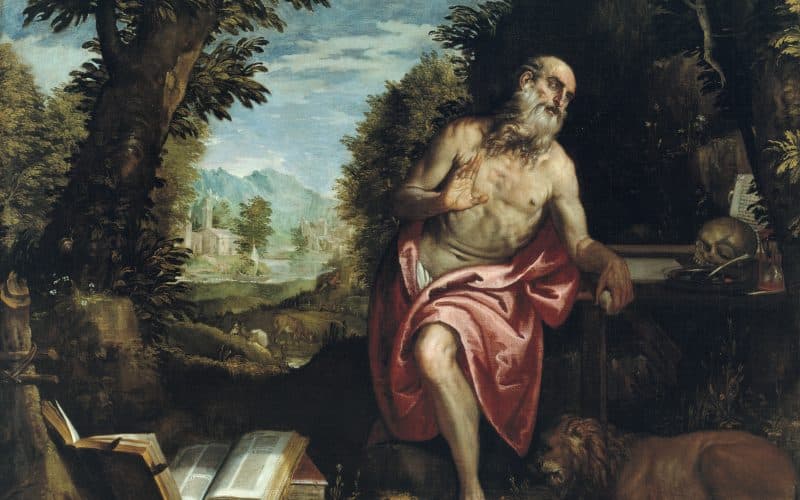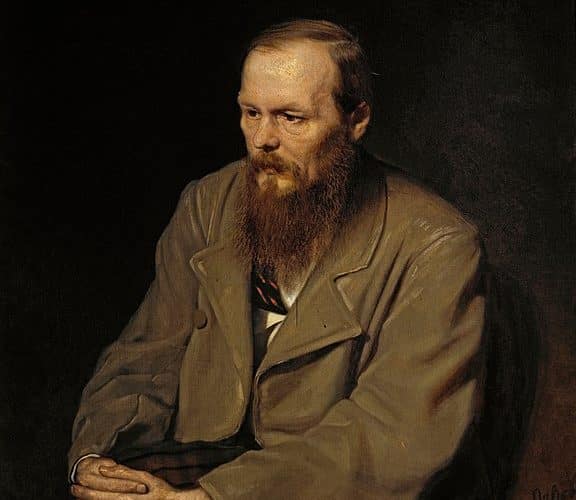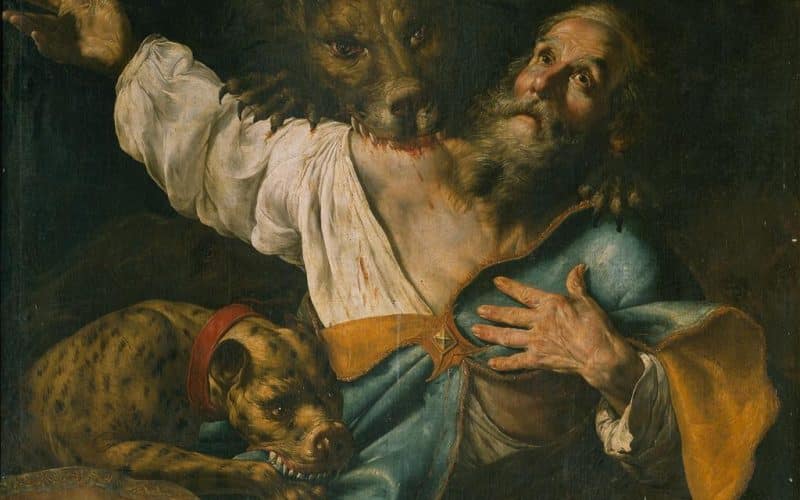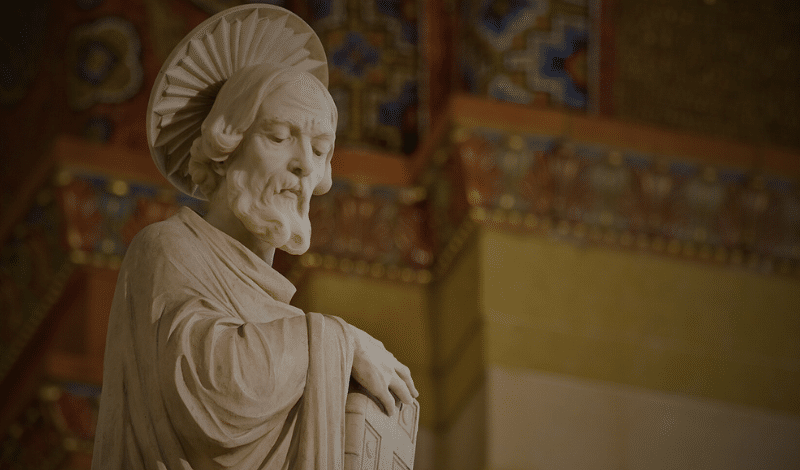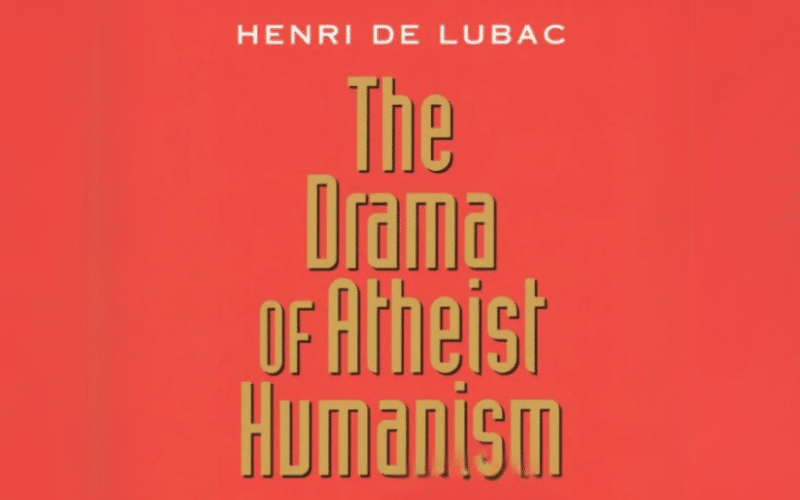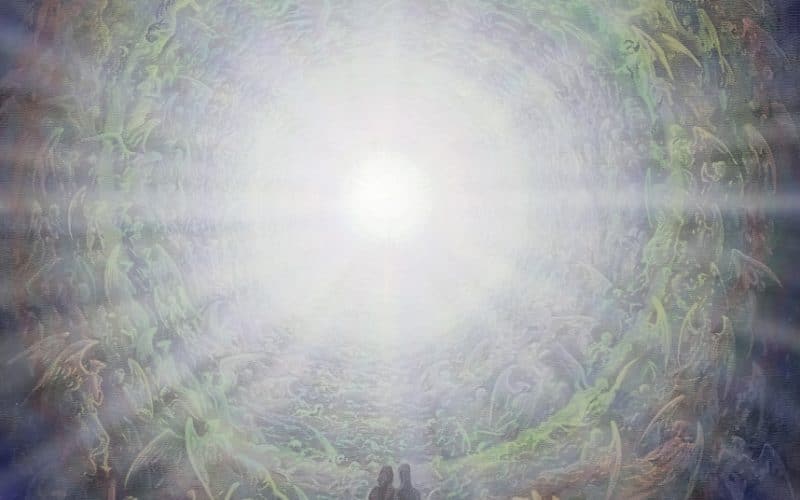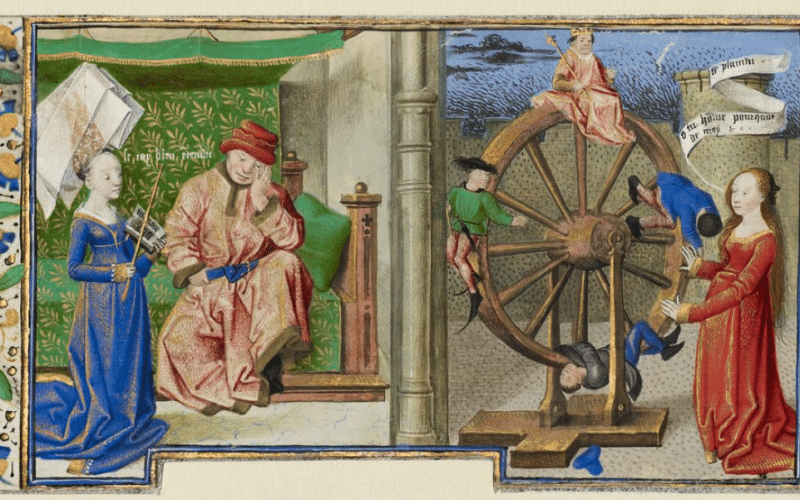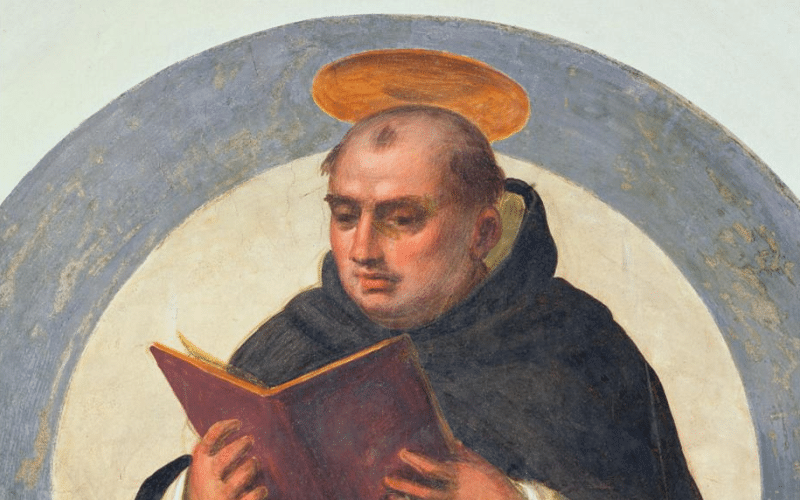Reading Groups
Latin Vulgate Reading Group
Gavin House 1220 E 58th St., Chicago, ILSt. Jerome's Latin translation of the Bible was used exclusively by the Western Church for centuries; its significance for the Roman Catholic tradition cannot be overstated. In this group, we will work through sections of the Vulgate in order to appreciate its beauty and practice our Latin. For the first session, no preparation is necessary; we will decide together which texts we will read. Please come with a desire to grow in Latin Bible knowledge with St. Jerome and friends!
